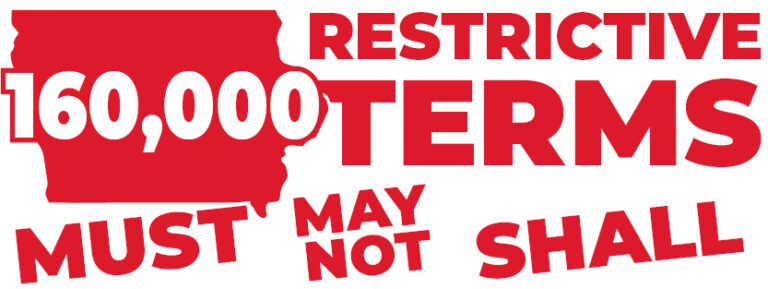
This section is not to spread political blame during a crisis, but only to point out how rules intended to help can become harmful when they are excessive and unnecessary.
The Seattle Flu Study illustrates how existing regulations and red tape—sometimes designed to protect privacy and health—have impeded the rapid rollout of testing nationally, while other countries ramped up much earlier and faster.
After more than a month tracking the COVID-19 outbreak in China, it would be natural to expect the United States to have been prepared when the virus appeared here. However, early testing was slowed by regulation.
According to The New York Times, an infectious disease expert from Seattle proposed repurposing tests from a flu research project to monitor for the coronavirus in late January. To do so, many federal and state officials would need to approve the idea.
The Centers for Disease Control and Prevention (CDC) told her she and her team could not test them unless their laboratory test was approved by the Food and Drug Administration (FDA). The FDA refused to approve Dr. Chu's test based on the fact her lab, according to the Times, "was not certified as a clinical laboratory under regulations established by the Centers for Medicare & Medicaid Services, a process that could take months."
The Times article noted:
The Seattle Flu Study illustrates how existing regulations and red tape—sometimes designed to protect privacy and health—have impeded the rapid rollout of testing nationally, while other countries ramped up much earlier and faster.
The CDC and FDA perform valuable work and are tremendously effective organizations. Once again, the intent of this email is to point out flaws in the regulatory structure, inform our members, and encourage lawmakers to create a more efficient government.
Iowa's Regulatory State
According to a Mercatus Center study, Iowa has 160,000 restrictive terms, such as “must,” “shall,” and “may not,” in state regulations. This is more than every neighboring state except Illinois, which is notorious for being a high-regulation state.

Administrative rules serve to supplement law where interpretation is in question. Some regulations are reasonable and necessary, but as the number of rules grows, the scope of government increases.
These rules can become overly complex and burdensome. Too many regulations drive up the cost of doing business beyond what is reasonable to protect health and safety. Those costs hinder economic growth and increase prices for consumers.
What's the Solution?
Iowa does require a legislative review of administrative rules, but as regulations continue to increase, the ability to thoroughly review every rule becomes extremely difficult.
Regulatory changes in Iowa would not have impacted the coronavirus. However, legislators should consider methods of reducing state regulations that do affect Iowans. Lowering them to more reasonable levels will help Iowa grow and prosper, both for businesses and consumers.
